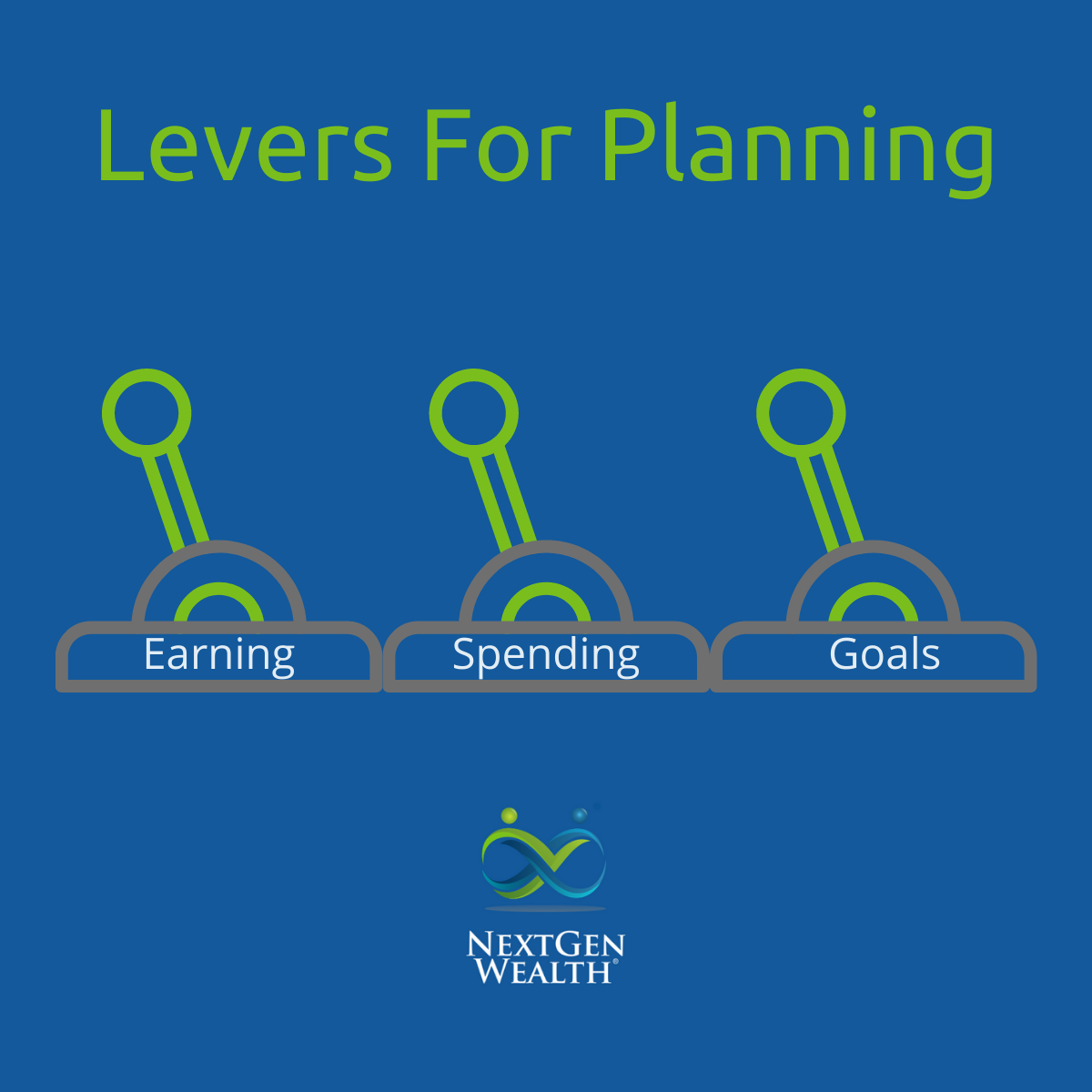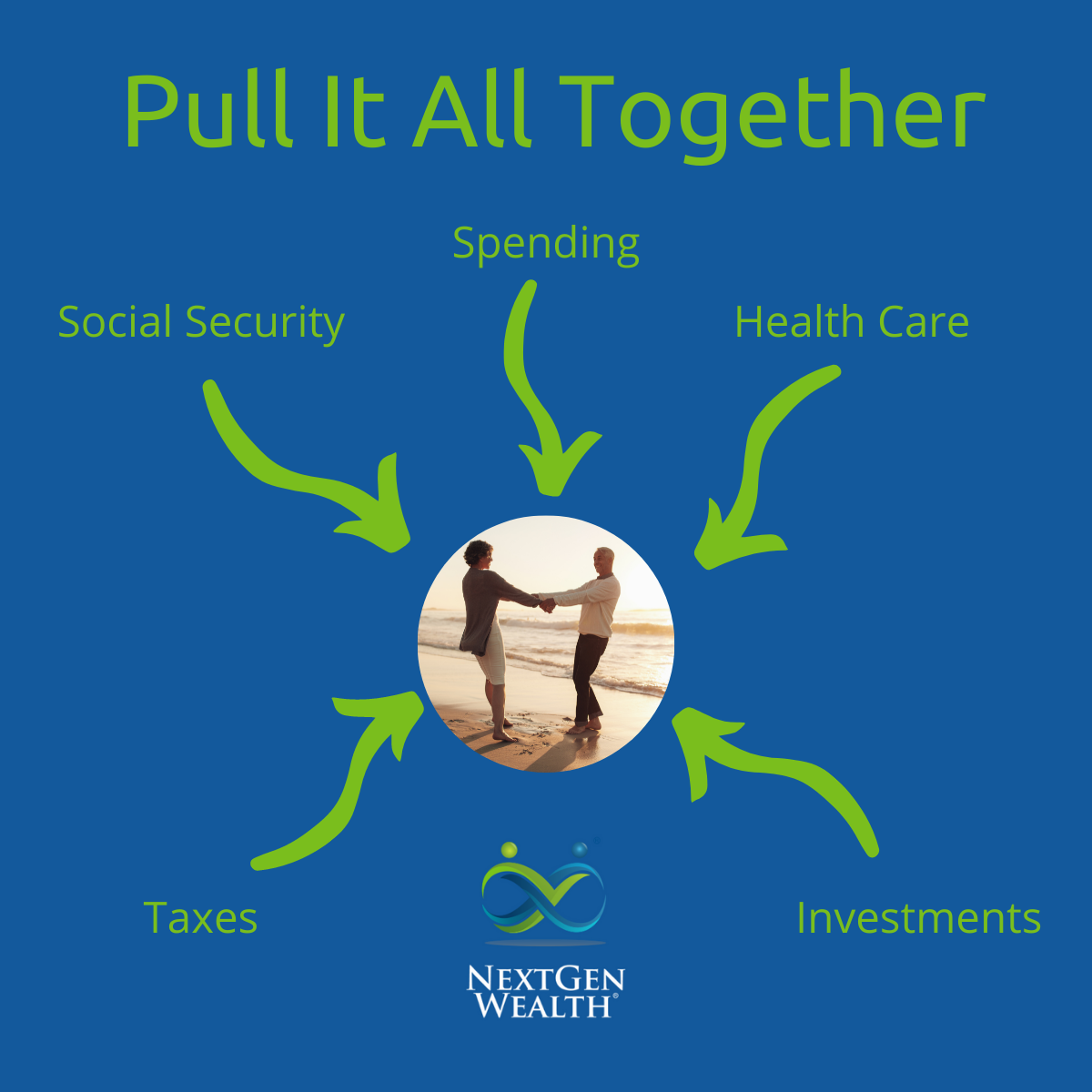How Should You Prepare if You're Forced to Retire Early?

Retiring early might sound nice, but not if you’re forced into it! If you are forced to retire sooner than you planned, you’ll need to prepare yourself for your next chapter a bit abruptly. You may not have saved as much money as you had hoped, or this may mean smaller dreams for you.
Regardless of what forced you to retire early, there are steps you can take to improve your financial position. Let’s talk about what you need to consider if you find yourself in this situation.
Why People Retire Earlier Than Planned
Many individuals are planning to retire early, but 45% of Americans retire earlier than they had planned! This can create a myriad of issues on top of why you were forced to retire in the first place. To make matters worse, 36% of Americans believe they’ll never have enough money to retire.
There are several possible reasons why someone might be forced to retire early. These include declining health, family situation changes, or loss of employment. Sudden changes in health and shifts within the family are the most common reasons people are forced to retire.
Worried if you're going to have enough income to retire? Learn more here.
Declining Health or Health Scare
A sudden heart attack or stroke could hit anyone. Even if you survive, life may never be the same again. Also, chronic health conditions can make continuing to work detrimental to your health and wellbeing.
After the initial recovery, some occupations are no longer feasible. Conditions may not improve nearly as much as you or your doctors had hoped. If accommodations can’t make work possible or safe again, retiring may be the only option.
Changes in Family Situation
A spouse or parent may have a change in health and need a full-time caretaker. Depending on the financial and insurance resources available, retiring to provide them care may be necessary.
If you find yourself with custody of a young grandchild to care for, this will significantly change your situation. In 2010, roughly 920,000 children had a grandparent as their primary care provider. This number has been increasing.
Changes in family structures due to marriage or divorce may occur as well. Family life is complicated, so there are many other reasons that family may force you into retirement.
Loss of Employment
Getting laid off due to your employer downsizing or going out of business could definitely impact your retirement timing. This could be a good or bad thing. During a layoff, the severance and medical benefits might be enough to finish off your retirement fund.
On the other hand, losing your job in a tough job market may force retirement as well. Layoffs tend to leave more than just a few people looking for jobs. If you haven’t dusted off your resume in a while, it may be a difficult task to reenter the job market.
Get An Outside Opinion Before Signing Severance Packages
Even if you are being laid off, you may have some room to negotiate settlement and structure of the deal. Getting a review by tax, legal, and financial planning professionals is a really good idea. There may be some opportunities that may be unclear – especially during a stressful process like layoffs.
Understand Your Situation
The first thing you need to do is get a clear understanding of exactly what your financial situation looks like. This includes reviewing any residual medical benefits you may have, any remaining income, investment assets, and your current expenses.
You want to get a really good handle on what everything looks like before making any decisions. Some decisions may be irreversible, so be sure your plan is solid before moving forward.
Savings and Investments
Knowing your income sources will be particularly important moving forward. You may have pension income, retirement accounts, investments, and savings. Make a list of all your assets and income streams so you can compare this to your expenses later.
Worried that you might run of money in retirement? Learn more here.
Disability and Social Security
See if you qualify for Social Security Disability Insurance (SSDI) benefits or are eligible to draw Social Security. Income from either one could help or may even be enough to cover all your expenses.
Keep in mind that these are two different benefits. However, you may qualify for Supplemental Security Income (SSI) benefits as well. At some point, you’ll be able to draw based on your full retirement age anyway.
Understand Your Expenses
You will also need to understand what your current and anticipated future expenses are. If you don’t know, you need to start tracking expenses immediately.
You may be able to look at your account balance each month and compare to your income for those months to estimate. If you are spending everything you make in a month, this could be a problem.
If you were saving for retirement, this might be an expense you will no longer have. How else have your expenses changed? It may even be true that your expenses will actually increase in retirement. Either way, you need to know.
Medical Coverage and Care
A common reason for being forced to retire early is due to health concerns. This might make your decisions about having good healthcare coverage even more important.
Getting adequate health care coverage is a must. If you retire early, you can purchase private health insurance via the marketplace. You may also be able to continue your existing coverage for 18 months via COBRA.
Identify Changes You Can Make
The next thing to consider is what options there are to make adjustments. Are you able and willing to work in a limited capacity or in a different job? Can you reduce or eliminate expenses?
Getting a comprehensive list of “levers” you can pull to compensate for retiring early is especially important. Considering what changes you are willing to make is valuable for you and the professionals you work with moving forward. You may need to use different strategies depending on how your situation changes over time.

Cutting Expenses
Once you retire, your expenses will change. Often there are some decreases in spending on commuting to work, business attire, and other costs related to your work life. However, spending on hobbies and travel may increase.
Be on the lookout for additional areas where you might be able to cut costs. Once again, prioritization is important depending on your financial health.
Continuing To Work
Working in some capacity could be beneficial in more ways than you think! This may be an opportunity to learn a new skill or trade through vocational programs such as the Ticket to Work program.
Meaningful employment can be a fantastic way to stay active and engaged with others. This may help keep your mind sharp in your later years too. That seems like an easy decision!
However, depending on your situation this may not be something you are interested in or able to do.
Moving or Downsizing Where You Live
Although this might not be your first choice, it is important to consider all practical options. Also, depending on the reason why you were forced to retire early, this could be a good thing. Regardless, don’t dismiss this option completely.
In fact, one study showed that 51% of retirees move to a smaller home in retirement anyway. You may have already contemplated moving closer to family or getting into a house better suited for your needs. This might be an opportunity to consider doing both at the same time.
Reevaluating Your Future Goals
Unfortunately, you may need to consider making some adjustments to your goals. You may be forced to really take a hard look at what things are most important to you and let some dreams go. However, this is not always a fun exercise, but getting clear about what’s most important to you now is very valuable.
Prioritizing what goals are most important to you may help when making tough decisions. If you’re forced to make the decision to cut or reduce some things you were looking forward to, having clarity around your goals will help.
Evaluating Everything Together
Working with a financial planner in a sudden transition like an unplanned retirement is a great idea. There are many emotions that can get in the way of looking at your financial situation objectively. A financial planner can help navigate and reconcile the intersections between money and emotions.

Running Out of Money
You need to know if you’ll run out of money. If you were planning on working longer to save for retirement, you need to have help figuring out how long your money will last. You might even be surprised to know that with some additional changes, you’ll be fine regardless.
When To Draw Social Security
Your decision on when you should draw Social Security might be even more pressing now. You may not have as much flexibility as before. Also, you may not be eligible yet.
There are important considerations like work history, spousal benefits, and other income to consider too. You’ll want to make sure you align everything together in the most efficient way possible.
Tax Strategies
If you’re forced to retire early, this might create some unique opportunities for tax planning. This can include Roth conversion strategies or tax gain harvesting depending on your situation.
Once you retire, you will likely have a significant dip in income. This is a possible opportunity to convert some assets like your 401(k) to a Roth and take advantage of the lower tax brackets.
Tax gain harvesting can also take advantage of this dip in income. However, this may not be right for everyone.
Regardless, make sure that you are deliberate about how much Roth conversions or gains harvesting you do. If you overdo it, this might push you into a higher tax bracket and affect your Medicare Part B premiums. If cash flow is looking like it will be an issue, that’s a monthly expense that you’ll want to keep tabs on.
Gain An Objective View to Make Good Decisions
With a shorter time to prepare, you might feel a little panicked or anxious. A financial planner can help answer some of the most important questions that may be on your mind.
A skilled financial planner can take all the “levers” you identified and help you decide the best course of action. Having someone help guide you through the process is an investment in time and money, but you’ll be glad you did!


